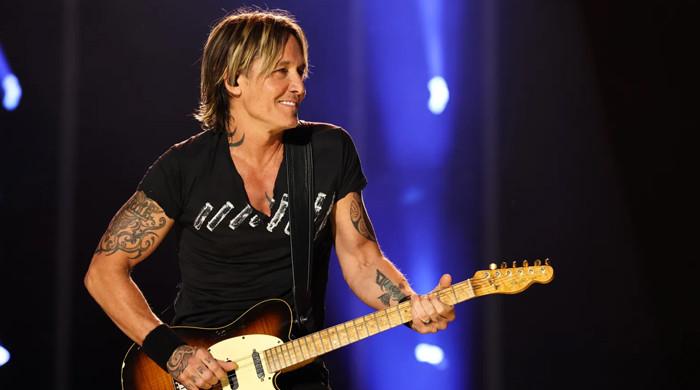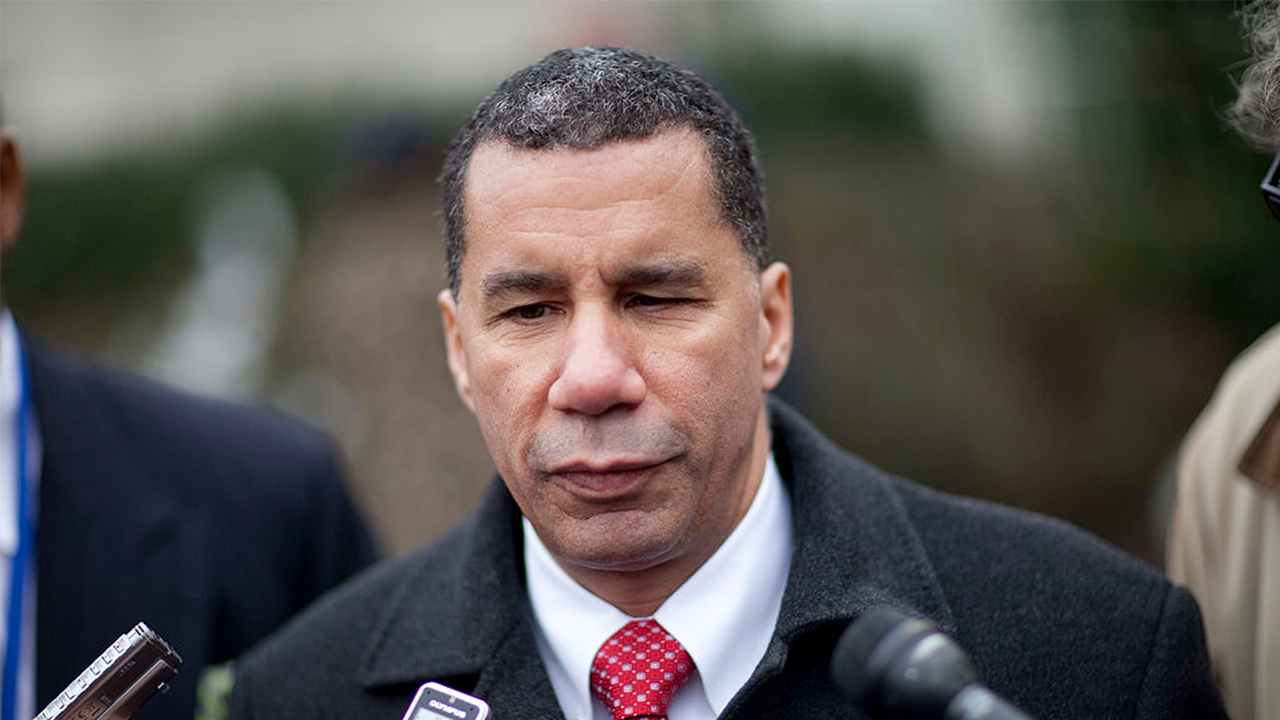 Science & Environment
Science & Environment
It’s U.K. election day: A trash can is running,…
On July 4, Britain will head to the polls in an election that could see the Conservative Party losing power for the first time in 14 years. You can also expect plenty of dog photos.
Here is a guide to the most eccentric staples of Britain’s election season.
Count Binface, the Monster Raving Loony Party and other joke candidates
Weighing on the British prime minister’s shoulders is the burden of leading a (slightly ailing) nuclear power. Joining him on the stage on election night will be a man wearing a trash can on his head.
That’s because when the results of Prime Minister Rishi Sunak’s constituency are read out — broadcast live on television — his opponents will include Count Binface, a self-described intergalactic space lord who is part of a perennial tradition of satirical candidates standing against prominent politicians.
Count Binface, whose joke manifesto includes pledges to cap the price of croissants and ban noisy snacks from cinemas, is part of a long tradition of joke candidates. Other contenders include an activist in an Elmo suit and the Monster Raving Loony Party, which stands for “insanity.”
“You can trace back the idea of joke candidates or fringe candidates to over 100 years,” said Philip Cowley, a professor of politics at Queen Mary University of London, because “there is an openness to the British political system.”
And while the satirical candidates give Britons a laugh — and make for absurd photo ops on election night — they are also celebrated by fans as a pillar of British democracy. Cowley compared the tradition to the ancient Roman ritual of an enslaved person whispering into an emperor’s ear, “Memento mori,” as a reminder of the leader’s mortality.
Count Binface, played by 44-year-old comedian Jon Harvey, told The Washington Post that having joke candidates standing beside party leaders as votes are announced is “a real leveler — and it’s something that makes British democracy particularly wonderful and unique.”
It’s common for top British politicians to be caught in embarrassing, farcical situations — conveniently in front of the cameras.
GET CAUGHT UP
Stories to keep you informed
This form of slapstick politics was mastered by former prime minister Boris Johnson, who has deliberately driven a digger through a fake wall labeled “gridlock” during an election campaign. (This is the same politician who somehow managed to turn getting stuck on a zip line during the 2012 London Olympics into a successful PR moment.)
This year, it was the turn of the leader of the Liberal Democrats to embrace stunts. Ed Davey toured Britain’s water parks to highlight water pollution and fell off his paddleboard five times in front of the cameras. He later admitted at least one of his plunges was deliberate.
The seeming joviality of British politics does not represent a failure to take the art of electioneering seriously, Cowley said — but reflects an effort by campaign strategists to speak to Britain’s political sensibilities.
“Brits don’t like pomposity, and what can seem like being statesmanlike in some countries might here come across as being incredibly pompous,” he said. “So part of the campaign is also to try and humanize the person.”
Every polling day, the internet is flooded with thousands of pictures of dogs patiently waiting outside polling stations while their owners exercise their democratic duties. It’s not clear who started the tradition, but perhaps it was inevitable for a nation of dog lovers armed with the technology of social media.
It also gives broadcasters — forbidden to report on campaign issues or opinion polls on the day of the election itself — something fun to report on.
Last time, the dogs at polling stations were joined by a reindeer, horses and even a giant tortoise named Yoda.
There are several skills thought to be required for the job of British prime minister. The ability to pour beer into a pint glass with an appropriately sized foam head is one of them.
According to this rite of political passage, politicians are routinely tested on their ability to complete as perfect a pour from a pub keg as possible — the British equivalent of a lawmaker attending a state fair or visiting a diner.
“It’s a symbol that you’re a normal person,” Cowley said.
The definition of perfection varies depending on the beer and whom you ask, but most agree that it requires holding the glass at a 45-degree angle and gradually tipping the vessel upright as it fills to achieve the perfect head of froth.
Labour leader Keir Starmer holds a pint of Guinness with his face on at the Guinness Storehouse in Dublin.
📸: PA pic.twitter.com/XgIIhSP9Kq
— Alan McGuinness (@Alan_McGuinness) June 9, 2022
The pint test is considered so important that Labour leader Keir Starmer attracted plenty of media attention when he visited a London pub and was filmed pouring an amber-hewed beer, described by an onlooker as “perfect,” in June — while an opposition lawmaker was forced to apologize last year after sharing a fake image that appeared to show Sunak, a self-described “teetotaler,” serving a badly poured pint.
A government minister felt compelled to share the original image, as proof that Sunak’s pour had in fact been perfectly decent.
Just call it ‘Genny Lex’
It’s officially known as the U.K. Parliamentary general election. But many younger people in Britain increasingly prefer the jocular moniker of “Genny Lex.”
The jokey phrase springs from Britain’s tradition of cockney rhyming slang and wordplay — a history that has also led to catchy three-syllable nicknames for most national moments in recent years, no matter the gravity. (The queen’s Platinum Jubilee became known as “Platty Joobs,” while King Charles III’s coronation sparked debate over whether to call it “coribobs” or “cory nash.”)
The nickname has become such a phenomenon that it is even being used — somewhat jokingly — by mainstream media outlets, with the public broadcaster discussing the term on its political podcast and finding a woman named Jenny Leckey to interview.










